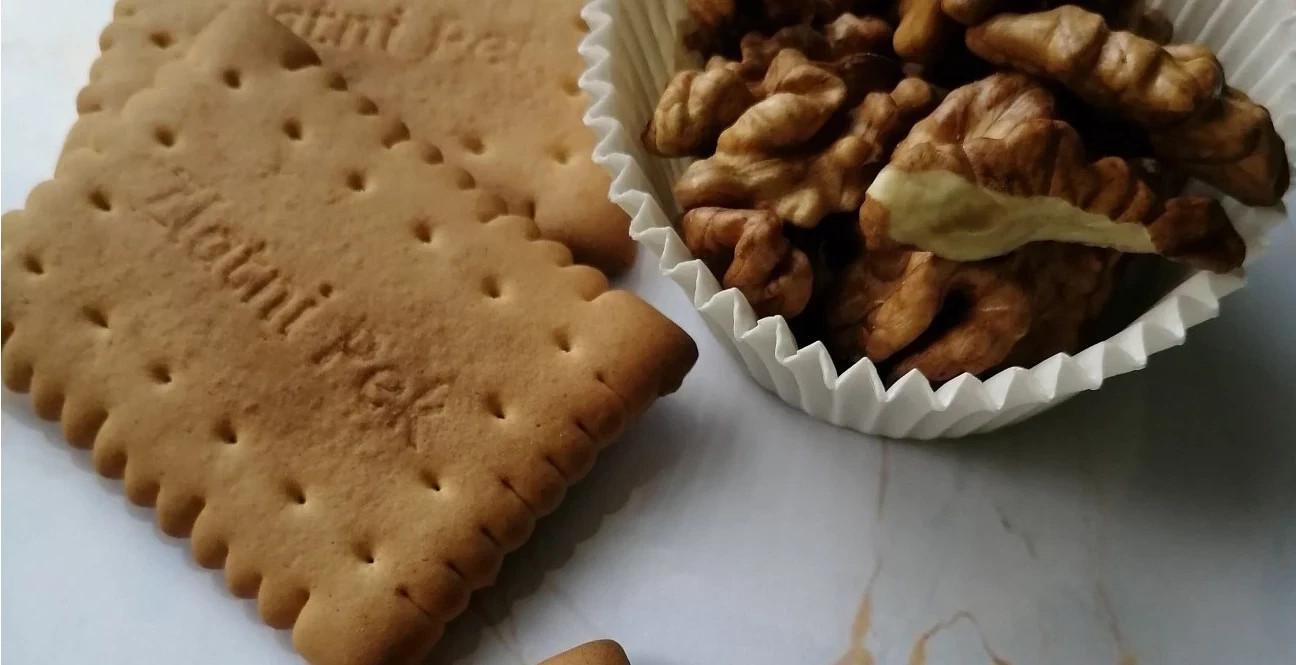What's the purpose of a snack?
Firstly, let's start with what the purpose of a snack should be.
The goal of a snack is to fuel our bodies correctly until our next meal.
Snacks that our fibre rich will provide a slow & sustained release of energy to the bloodstream, and can also help us feel fuller for longer. Including an element of protein can also help to balance blood sugar and keep hunger at bay!
If it's a sweet craving you're looking to quash, just bear in mind it's a trick of the mind! Think of it this way if you experience that sweet craving how many of us would dive into bags of white sugar? Exactly! Probably not many of us!
It's the combination of sugar & fat that's so moreish, which in turn can then lead to overeating and consuming more calories than you need.
This effect can be replicated with a more healthier nutritional choice by combining an apple with a small amount of nut butter or a banana and some 0% Greek yoghurt.
Size does matter:
Portion size with everything is key! Foods such as nuts, nut butters, avocado, and dairy to name a few, can be calorie dense.
For example a 20g serving of a nut butter can provide circa 130 calories, so if you are not in the habit of weighing it out, you could be taking in far more calories than you think, despite it be a healthier choice.
The same goes for nuts.100g nuts can provide around 600 calories, so a portion of 20 - 30g would be a far better option!
Managing hunger:
One important technique I teach all of my clients is to look out for those hunger and fulness cues.
Are you really hungry, where your hormone ghrelin has kicked in & the tummy is physically grumbling? If it's not, then chances are you are not really hungry!
Listening to our bodies and not our emotions are key.
Keeping busy also helps, if you are experiencing boredom then that can trigger those snack attacks! So, use it as an opportunity to go for a brisk walk to take your mind off of it. Exercise as we all know really helps & helps the mind too.
By taking these simple but effective steps, snacking can be managed if needed, to support and fuel our bodies correctly rather than becoming a habit and becoming the equivalent of another meal or more, which can then become really hard to break.

